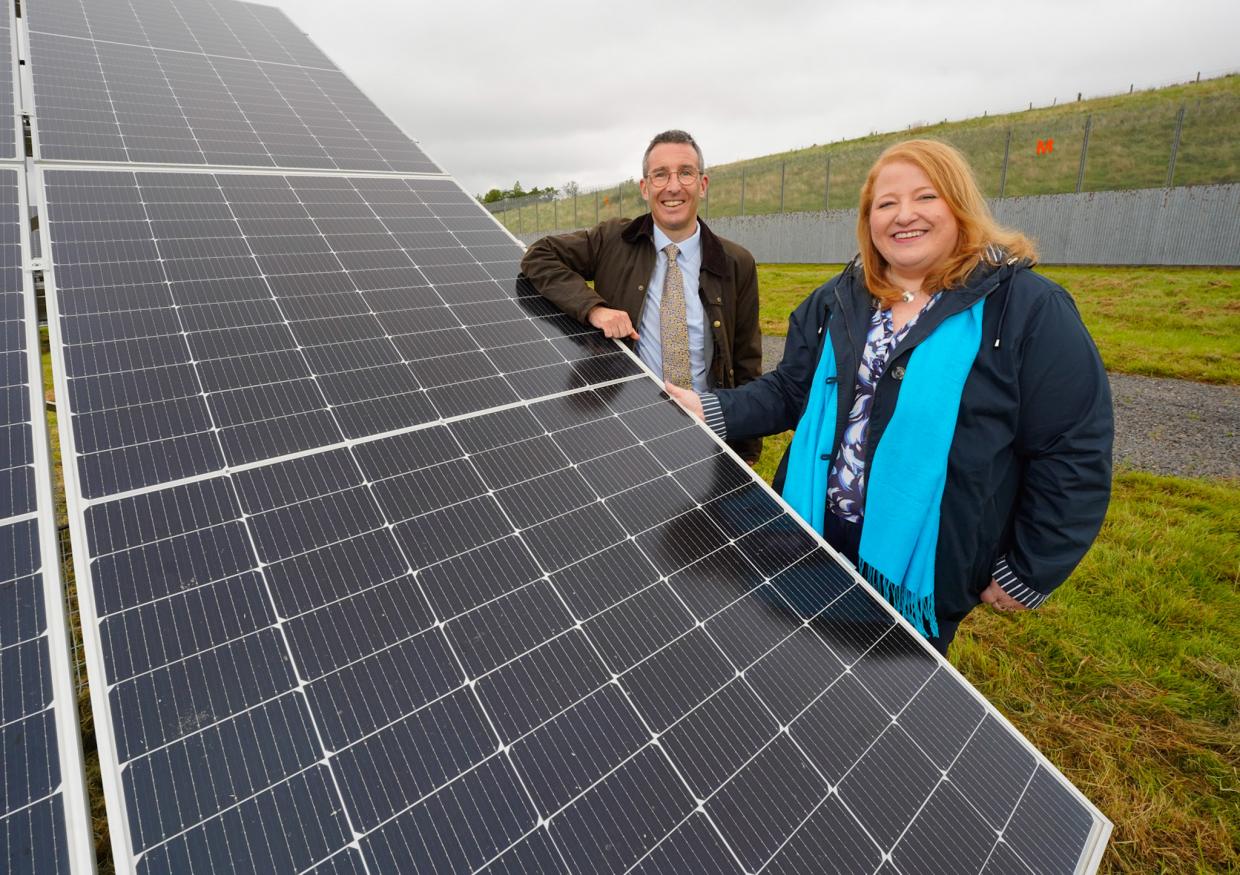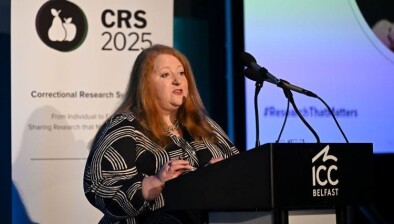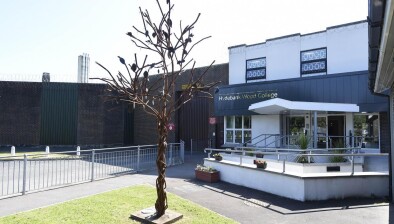Solar farm switched on at Northern Ireland women’s prison

A new solar farm at Hydebank Wood Secure College and Female Prison is to produce around 15 per cent of the site’s total annual power needs.
The 668 solar panels, capable of producing 356 kWp of electricity, are estimated to reduce electricity bills at the facility by around £60,000 per year, based on current prices.
“The new solar panel farm at Hydebank is an excellent example of how the Department of Justice is helping to reduce its carbon footprint,” justice minister Naomi Long said.
“For some years now the Northern Ireland Prison Service has pursued a range of sustainability initiatives in its aim to have fit-for-purpose, secure facilities with innovative delivery models.
“Solar energy is one of the cleanest sources of energy and is a more efficient and sustainable way of replacing conventional energy needs. On top of this there is a savings to be made.”
Environment minister Andrew Muir added: “As we aim for net zero emissions, it is essential that we are doing all we can to meet our targets.
“For departments, that includes leading by example to reduce emissions across the NICS estate. This was recognised by the public in response to my department’s carbon budget consultation last year.
“I am pleased to see the Department of Justice doing exactly that. There are multiple benefits from adopting a green growth approach which seeks to address the climate challenge, protect and improve our environment and contribute to a sustainable economy. This project is a great example.”
NI Prison Service director General Beverley Wall, who is also sustainability champion for the Department of Justice, said: “Since 2016 the Prison Service has reduced its carbon emissions by 44 per cent, which equates to a reduction of 4,350 tonnes of CO² per annum removed from the atmosphere.
“The solar farm at Hydebank is the latest project to be completed, and plans are also being considered for a similar solar farm at Maghaberry Prison in the coming years.”








